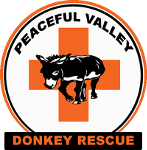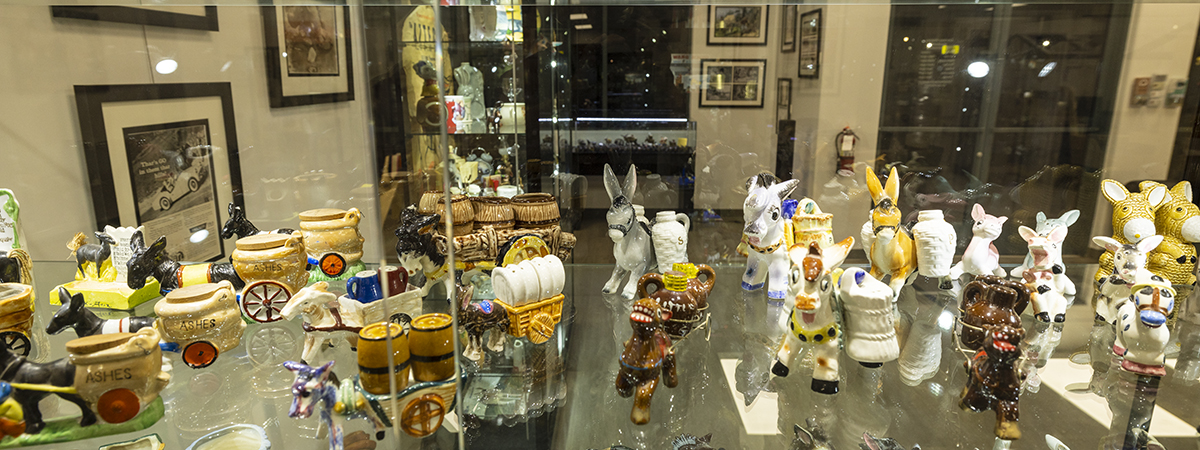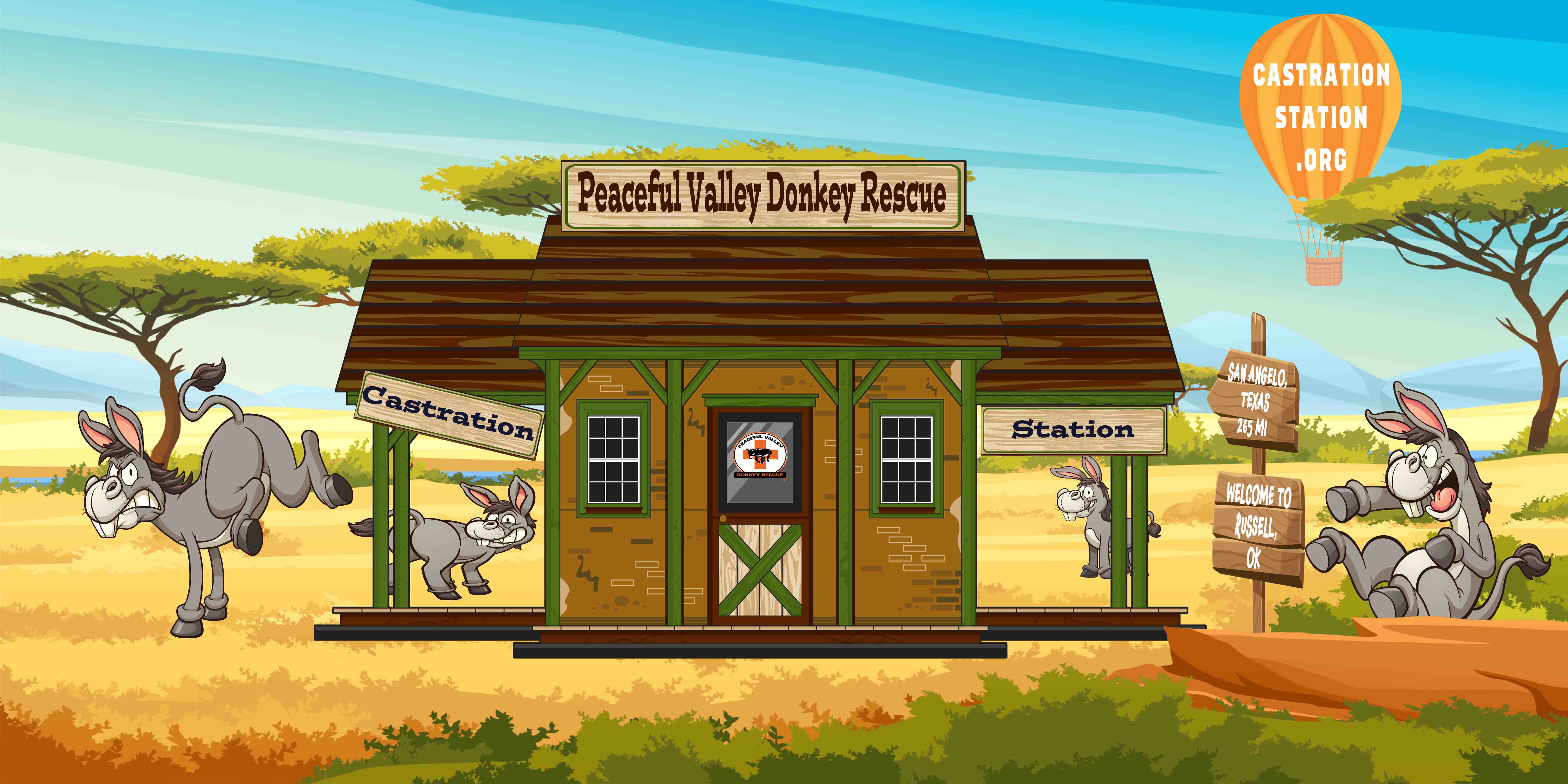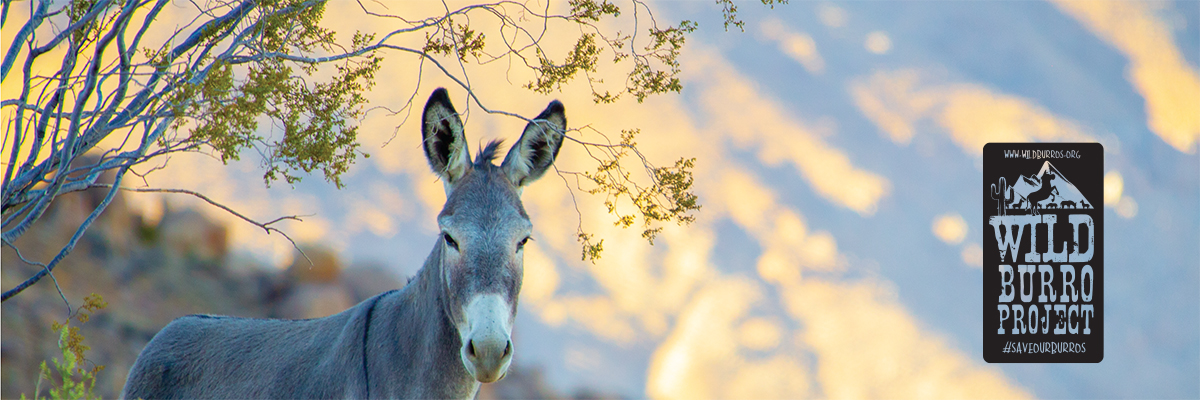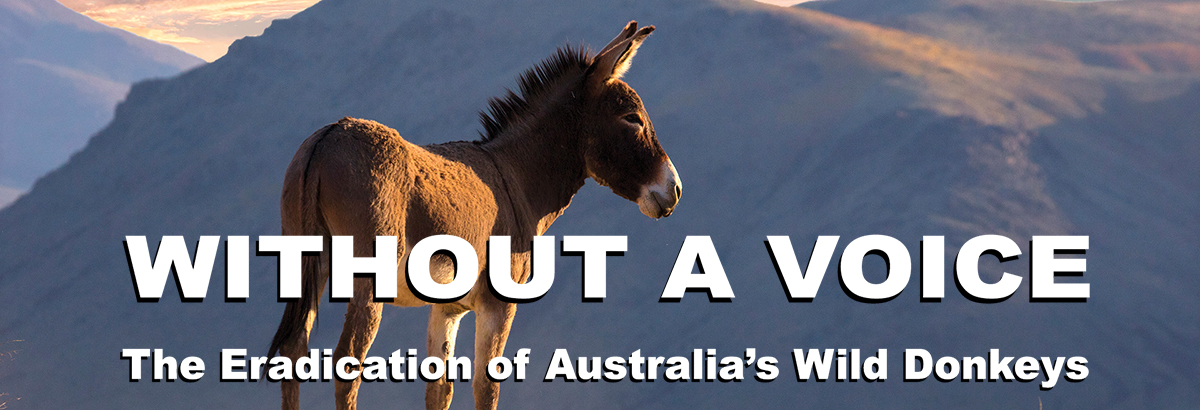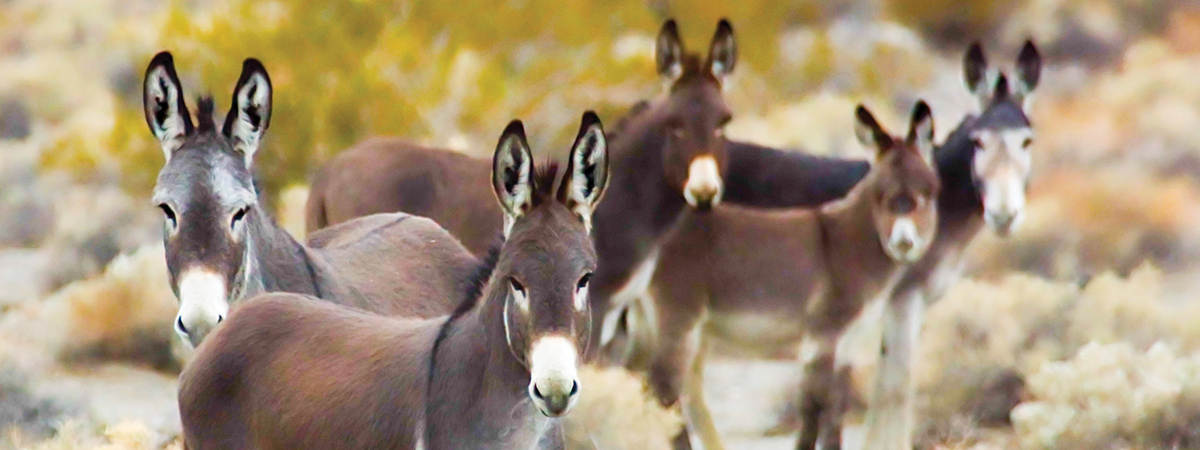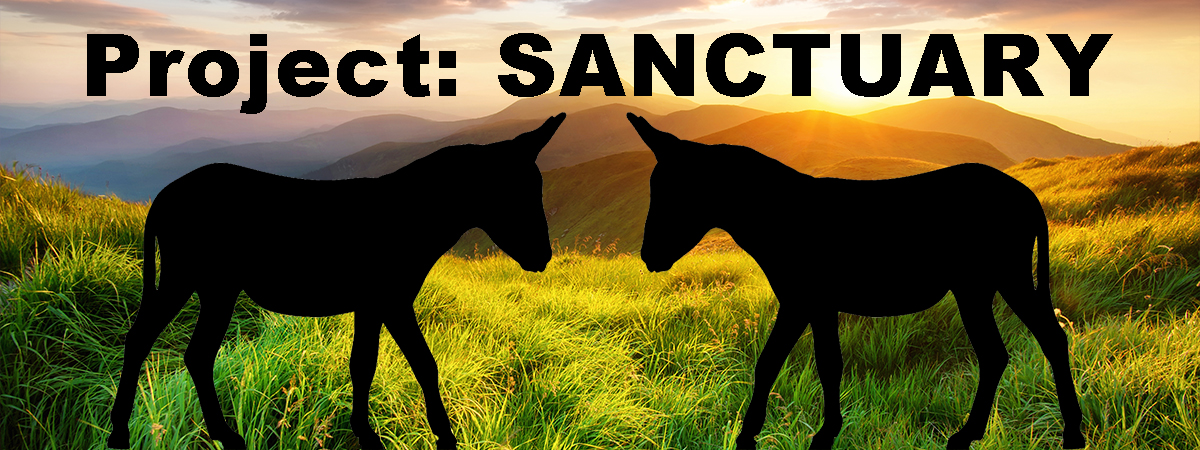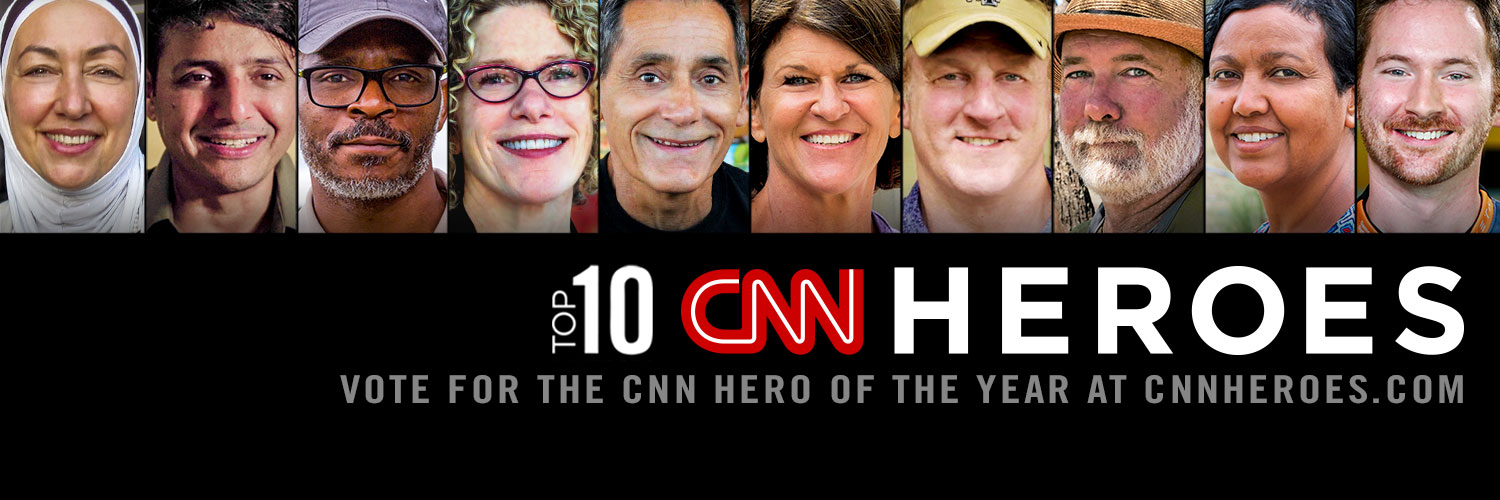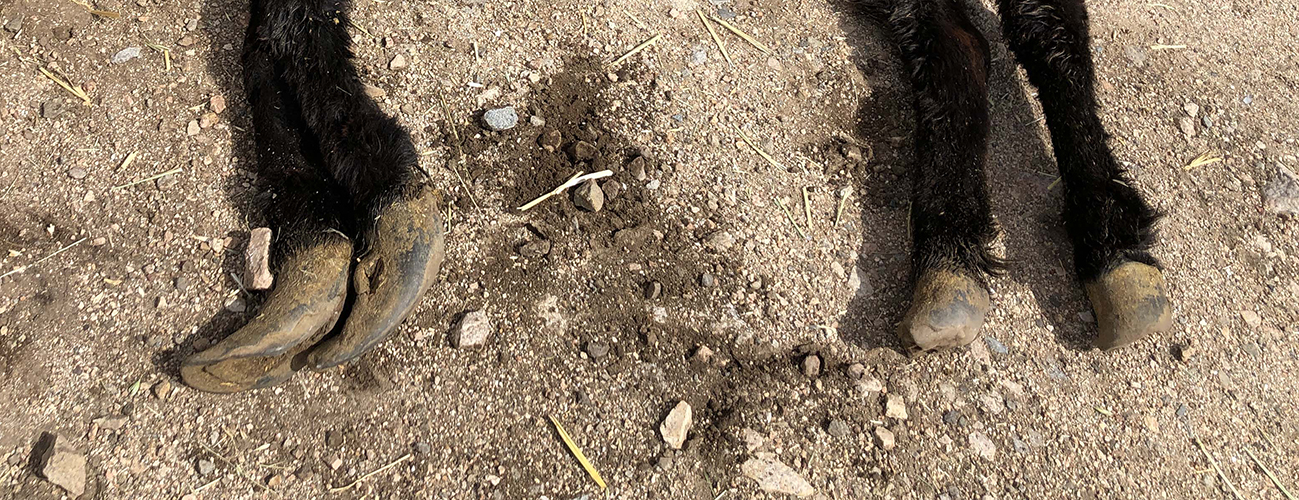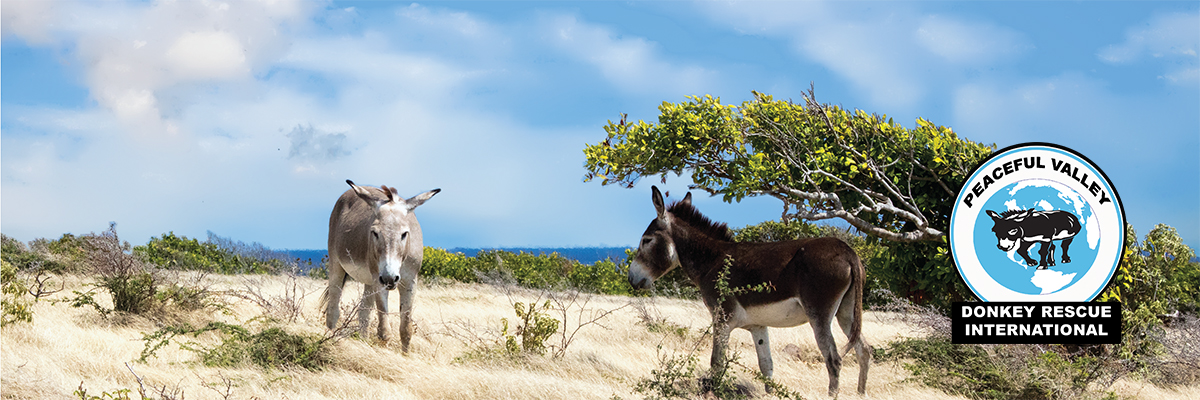San Bernardino County
San Bernardino Animal Care Department contacted the Peaceful Valley Donkey Rescue at the end of 2023 and asked for our help. Because of a new law that took effect in January 2024, counties that have wild donkey problems can work with legitimate, experienced nonprofits to safely and humanely remove them.
Learn MoreCastration Station
Peaceful Valley Donkey Rescue brings in hundreds, if not thousands, of whole jacks at any time. These jacks must be kept separated from the rest of the PVDR donkey community and under lock and key to prevent any unwanted contact, especially with our jennet population. Peaceful Valley is launching a bold new campaign to build out an 80 acre facility in Russell, Oklahoma to house 500 jacks at a time to await castration by the faculty and students of Texas Tech Veterinary School in Amarillo, Texas. Their campus is less than 2-1/2 hours away from Russell.
Learn More3000 BLM Sale Burros
The Peaceful Valley Donkey Rescue has entered into an agreement with the Bureau of Land Management to take 3,000 sale-eligible wild burros over the next five years.
Learn MoreProject Sanctuary
Although our adoption numbers continue to climb each year, we are always bringing in more donkeys than we can adopt out. As we have a finite amount of room on our current ranches, we had to find a way to keep large herds of donkeys while they await adoption. Project Sanctuary was born out of this necessity.
Learn More2019 CNN Heroes Top 10
Executive Director Mark Meyers was selected as a 2019 Top Ten CNN Heroes.
Learn MoreOlancha Hoarding Case
"...Inyo County Animal Control was contacted on multiple occasions by several citizens who had serious concerns regarding the treatment of burros at the “Wild Burro Rescue and Preservation Project” in Olancha, CA. After an investigation, it was concluded that indeed the burros at this facility were suffering severe neglect such as overgrown hooves and lack of veterinary care.
Learn MoreDonkey Rescue International
Since the dawn of colonialism, donkeys have been the primary tool used to harvest the wealth of the land. Able to adapt to nearly any climate, donkeys fueled the wealth of the European Empires in mining, agriculture and transportation. Having first arrived in the Americas in 1493, on Columbus' second voyage, donkeys were quickly distributed throughout the Caribbean Islands. Today, donkeys are overpopulated on many islands throughout the Caribbean. On most islands they are completely without an advocate and on the islands where there are supporters, they are underfunded and under appreciated.
Learn More